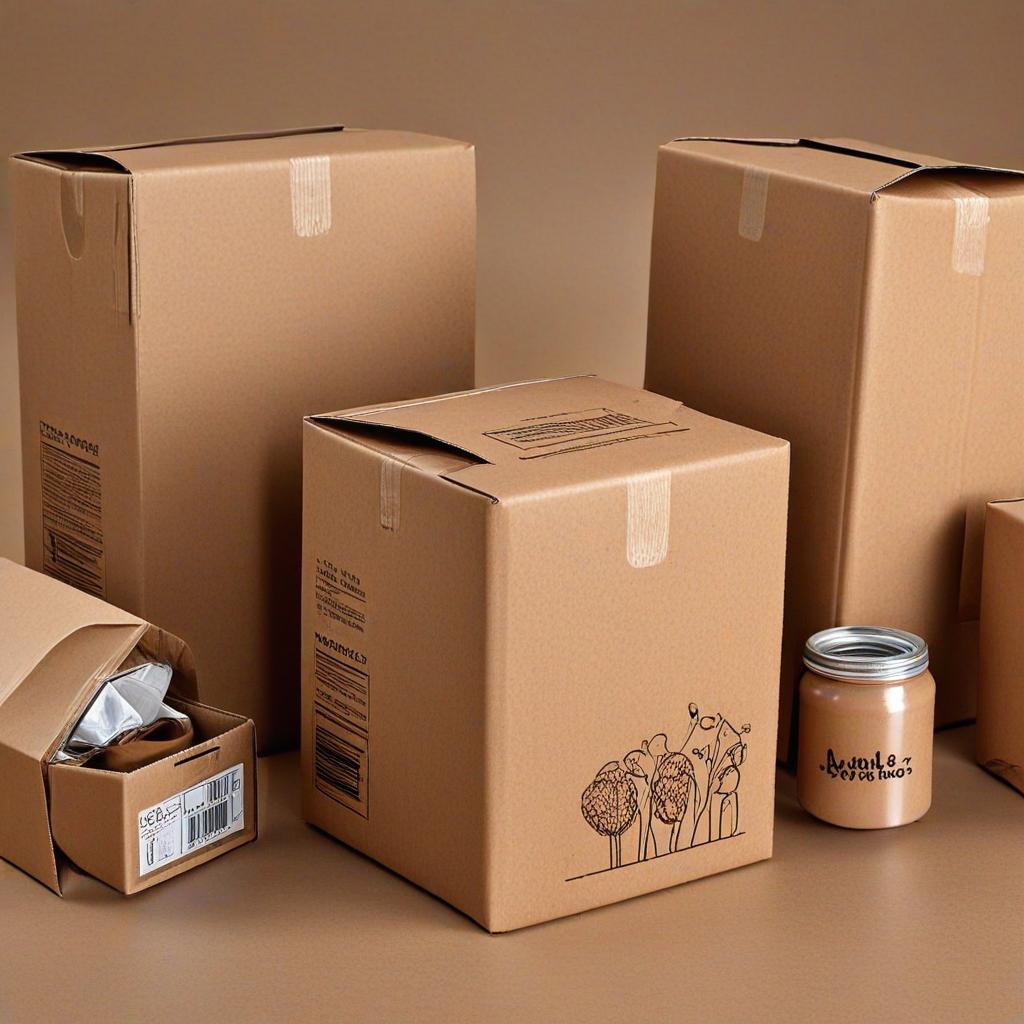In today’s competitive market, the role of custom packaging has grown more crucial than ever. Custom pack manufacturers play a pivotal role in shaping the consumer experience, providing brands with packaging solutions that not only protect products but also enhance brand recognition and convey a commitment to quality. But how do these manufacturers ensure that every pack they produce meets the highest standards of quality?
Understanding the Importance of Quality in Custom Packaging
For businesses, especially those in industries such as food, pharmaceuticals, and electronics, the quality of packaging is just as important as the product inside. Packaging serves multiple functions: it protects products from damage, preserves freshness, provides important information, and often acts as a final sales pitch at the point of purchase. Poor-quality packaging can lead to product damage, customer dissatisfaction, and potentially even legal liabilities. This is why custom pack manufacturers place such a high emphasis on quality throughout the production process.
Stringent Material Selection
The first step in ensuring quality starts with selecting the right materials. Custom pack manufacturers use a variety of materials depending on the specific needs of the product being packaged. These materials might include cardboard, plastic, glass, or aluminum, each of which must meet certain criteria to be considered suitable.
Manufacturers rigorously test materials for durability, flexibility, and resistance to various environmental factors such as moisture, temperature fluctuations, and physical impact. For instance, packaging for food products might require materials that are not only strong but also food-safe, ensuring they do not contaminate the product. Similarly, packaging for electronics might need materials with anti-static properties to protect sensitive components.
The materials are sourced from reliable suppliers who provide certificates of quality and compliance with industry standards. These certificates are thoroughly reviewed by the manufacturer’s quality control team before the materials are approved for use.
Advanced Manufacturing Processes
Once the materials have been selected, the manufacturing process begins. Custom pack manufacturers utilize advanced machinery and technology to create packaging that meets precise specifications. This includes cutting, folding, molding, and printing processes that are highly automated to ensure consistency and precision.
Automation plays a significant role in maintaining quality during production. Machines can perform repetitive tasks with a level of accuracy and speed that is difficult to achieve manually. Moreover, advanced sensors and monitoring systems are often integrated into these machines to detect any deviations from the desired output. If an issue is detected, the system can automatically halt production to prevent defective packaging from moving forward in the production line.
Despite the high level of automation, human oversight remains crucial. Skilled technicians regularly inspect the machinery and finished products to ensure everything is functioning correctly and that the packaging meets all required specifications.
Rigorous Quality Control Checks
Quality control (QC) is the cornerstone of the manufacturing process for custom pack manufacturers. Quality checks are performed at every stage of production, from material selection to the final packaging of the product. This multi-layered approach ensures that any potential issues are identified and addressed before the product reaches the customer.
- Incoming Material Inspection: Before production begins, all incoming materials undergo a thorough inspection. This includes checking for defects, verifying dimensions, and ensuring the materials meet the specified quality standards.
- In-Process Inspections: During production, in-process inspections are conducted to monitor the quality of the packaging as it is being manufactured. This can involve visual inspections, as well as more advanced techniques such as X-ray or ultrasonic testing to detect internal flaws that are not visible to the naked eye.
- Final Inspection: Once the packaging has been produced, a final inspection is carried out. This includes checking the dimensions, weight, structural integrity, and any printed information or graphics. Only after passing these rigorous tests is the packaging deemed ready for shipment.
In addition to these standard checks, custom pack manufacturers often perform stress tests to simulate real-world conditions. For example, packaging might be subjected to drop tests, compression tests, or exposure to extreme temperatures to ensure it can withstand the rigors of shipping and handling.
Compliance with Industry Standards and Regulations
Another critical aspect of quality assurance is compliance with industry standards and regulations. Custom pack manufacturers in the USA must adhere to a wide range of standards depending on the type of packaging they produce. These might include FDA regulations for food packaging, ASTM standards for materials, or specific environmental regulations aimed at reducing waste and promoting sustainability.
To ensure compliance, manufacturers must stay up to date with the latest regulations and industry best practices. This often involves working closely with regulatory bodies, attending industry conferences, and participating in certification programs. In many cases, manufacturers will also conduct third-party audits to verify their compliance and identify areas for improvement.
Continuous Improvement and Innovation
The best custom pack manufacturers understand that quality is not a static goal but an ongoing process of improvement. To remain competitive and meet the evolving needs of their clients, these manufacturers invest in research and development, exploring new materials, technologies, and processes that can enhance the quality of their products.
One area of focus is sustainability. As consumers and businesses alike become more environmentally conscious, the demand for eco-friendly packaging solutions has grown. Leading manufacturers are responding by developing packaging that is not only high in quality but also reduces environmental impact. This might involve using recyclable or biodegradable materials, optimizing designs to reduce material usage, or implementing more energy-efficient production processes.
Innovation also extends to the design and functionality of the packaging. Custom pack manufacturers work closely with their clients to develop packaging solutions that not only protect and present the product effectively but also enhance the user experience. This might include features such as easy-open mechanisms, tamper-evident seals, or smart packaging that incorporates QR codes or RFID tags for enhanced product tracking and information sharing.
Partnering with Clients for Success
Finally, quality assurance in custom pack manufacturing is not just about what happens within the manufacturer’s facilities; it also involves close collaboration with clients. By working together from the initial concept stage through to the final delivery, manufacturers can ensure that the packaging meets the client’s exact requirements and expectations.
This partnership approach often involves detailed consultations to understand the client’s needs, followed by prototyping and testing phases where the packaging is refined based on feedback. Throughout the process, manufacturers provide regular updates and samples, allowing clients to make informed decisions and ensure the final product aligns with their brand’s vision.
Conclusion
In the highly competitive world of product packaging, custom pack manufacturers must go to great lengths to ensure the quality of their products. From selecting the best materials and employing advanced manufacturing processes to conducting rigorous quality control checks and staying compliant with industry regulations, every step of the process is designed to deliver packaging that meets the highest standards.
For businesses in the USA, partnering with a reliable custom pack manufacturer is crucial to achieving success in the marketplace. By choosing a manufacturer committed to quality, businesses can be confident that their products will not only reach customers in perfect condition but will also make a positive and lasting impression.



